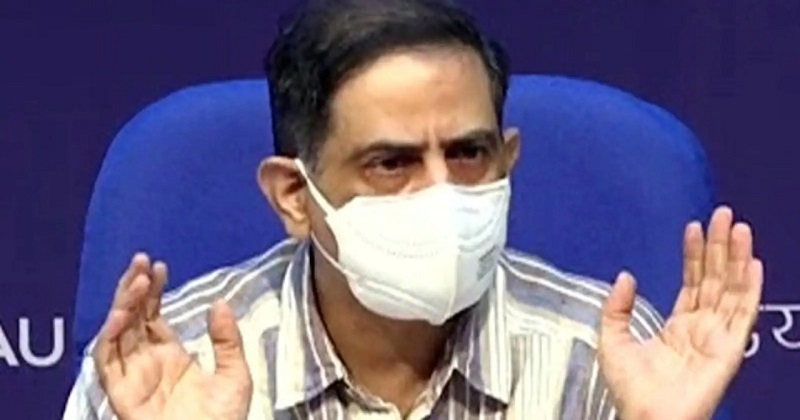
The Union health ministry on Friday, said 48 cases of the Delta Plus form of the SARS-CoV-2 virus have been found in 11 states in the country, including Madhya Pradesh, Maharashtra, Punjab, Gujarat, Kerala, Andhra Pradesh, Tamil Nadu, Odisha, Rajasthan, Jammu, and Karnataka. ‘You have to control a cluster wherever you find it,’ Dr. Balram Bhargava, director-general of the Indian Council of Medical Research, said, adding that the Covid-19 second wave is still ongoing.
Dr. Sujeet Kumar Singh of the National Center for Disease Control gave a thorough explanation of the genome sequencing study, saying, ‘It takes time to form a scientific judgment on a variation. It takes 10-12 days to sequence a genome. The state may then be contacted for further samples in order to determine if the particular variation is connected to the increase in instances.’
The plus in the name Delta Plus, according to Dr. Singh, does not indicate increased virulence. ‘The plus is an addition of an existing variant. It does not mean that it is stronger than Delta. At least the name does not. If scientific evidence suggests so in future, we will inform the public about it,’ he said.
Dr. Singh stated in his presentation that the Delta variant, which was initially identified in India, had a low presence in the nation in December. In March 2021, the variation had spread to 52 districts, and by June, 174 districts had reported it. However, Dr. Singh said the trend is declining.
Currently, the Delta variant can be found in 174 districts across 35 states, with Maharashtra, Delhi, Punjab, Telangana, West Bengal, and Gujarat reporting the greatest rates. The distribution was not uniform. In certain locations, Delta variant instances were low at first, but Delta progressively overtook Alpha, Dr. Singh said, adding that Delta is stronger than Alpha.
The number of Delta Plus variant cases in the nation and throughout the world is insufficient for a thorough investigation. For example, Delta Plus cases have been reported in India on an irregular basis over the past three months. ‘It can’t be said that this is a growing trend. This variant has the same mutations as Delta. Only one mutation K417N is different for which Delta variant is believed to be immune-escape and monoclonal antibody-resistant, but more studies are required,’ Dr. Singh said.

Post Your Comments